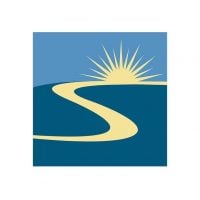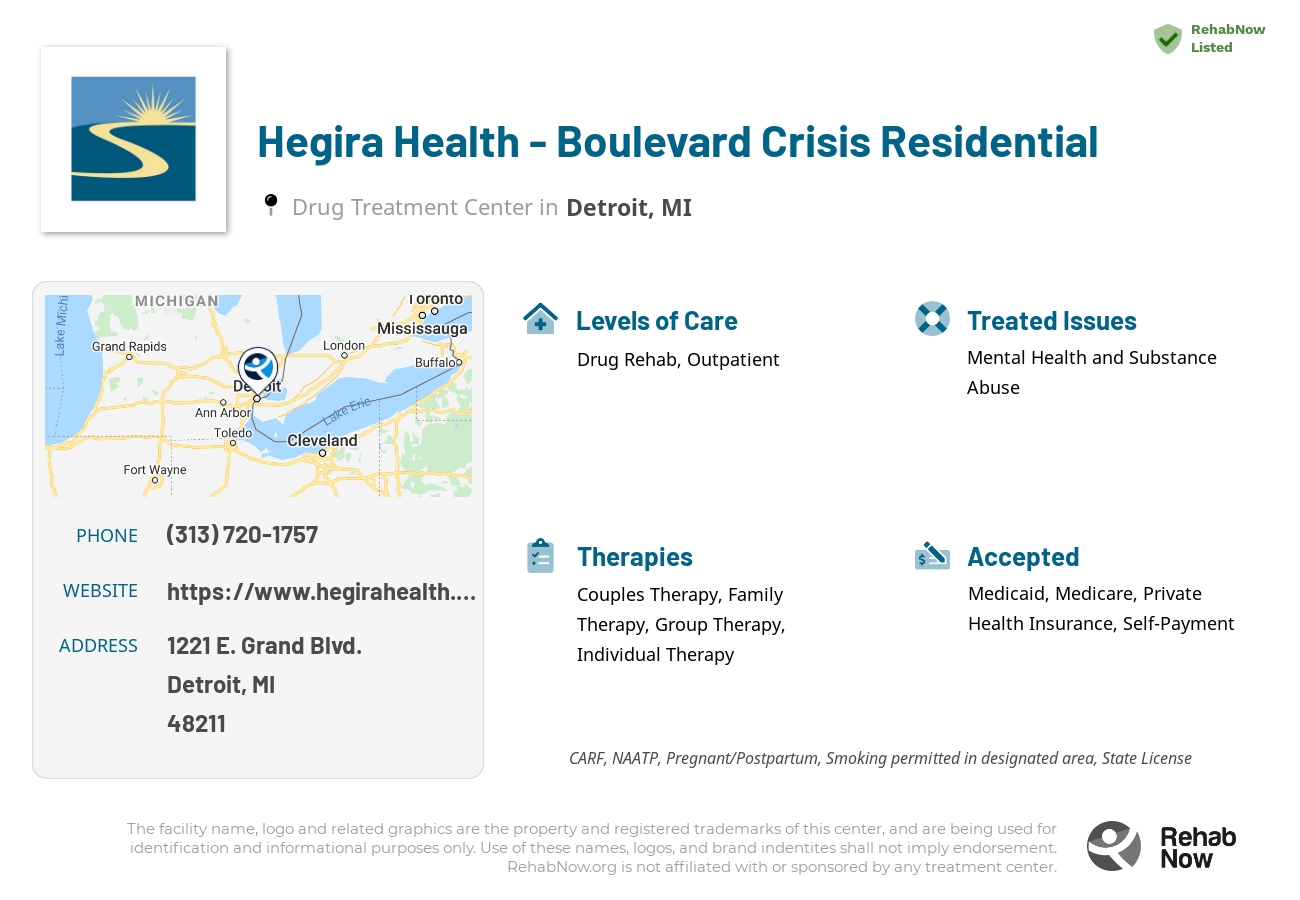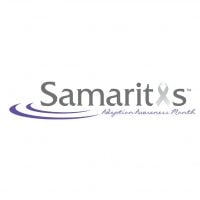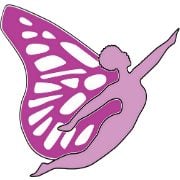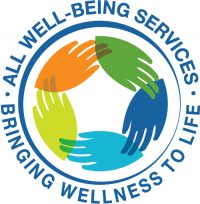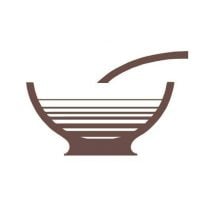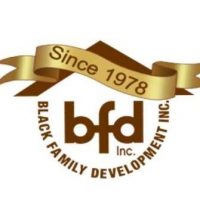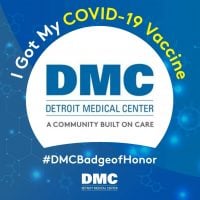Hegira Health - Boulevard Crisis Residential
Drug Rehab Center in Detroit, Michigan
Hegira Health - Boulevard Crisis Residential is a JCAHO accredited addiction treatment facility in Detroit, MI that provides residential and outpatient rehabilitation as well as behavioral therapy and dual diagnosis services to help people achieve and maintain sobriety.
About Hegira Health - Boulevard Crisis Residential in Michigan
Hegira Health – Boulevard Crisis Residential, located in Detroit, Michigan, is a distinguished public rehab focusing on mental health and substance abuse treatment. This center stands out for its commitment to offering specialized care to individuals grappling with dual challenges of addiction and mental health issues, serving a diverse clientele with its comprehensive programs.
Accredited by the Joint Commission (JCAHO), Hegira Health – Boulevard Crisis Residential ensures high standards in treating substance abuse and mental health disorders. Their approach is holistic, aiming to address both psychological and physical aspects of addiction, backed by a variety of care levels including outpatient and residential programs.
- Offers integrated treatment for individuals facing simultaneous addiction and mental health challenges.
- Employs evidence-based practices to foster long-term recovery, focusing on individualized care plans.
- Provides access to comprehensive services, including counseling, therapy, and aftercare support, to support each step of the recovery journey.
Hegira Health – Boulevard Crisis Residential specializes in handling a range of addictions and mental health issues, utilizing various treatment methods. From residential to outpatient care, their programs are designed to meet the diverse needs of individuals seeking a path to sobriety and mental wellness.
Genders
Ages
Modality
Additional
Accreditations

JCAHO
Conditions and Issues Treated
A combination of treatments is often needed to treat drug abuse. Some addictions can be treated with counseling and support groups. In other cases, drug abuse can lead to a medical problem and require medical treatment. Treatment for drug addiction typically combines counseling and psychotherapy with medication and behavioral therapies.
A combination of treatments is often needed to treat drug abuse issues effectively. In the case of drug abuse, there is no easy answer or one-size-fits-all cure.
Levels of Care Offered
This center offers a variety of custom treatment tailored to individual recovery. Currently available are Aftercare Support, Drug Rehab, Outpatient, Residential, with additional therapies available as listed below.
Outpatient treatment is often used for drug addicts in drug rehab. Outpatient treatment consists of counseling and therapy sessions. This form of treatment is also called ‘day-treatment’. The outpatient treatment process begins with the addict’s initial detox period, lasting about ten days.
Outpatient treatment is used for those who are at moderate risk for ‘slipping back’ into the addiction, for those who:
- Are not currently experiencing any side effects from withdrawal and can handle social pressure
- Can handle stressors that might trigger relapse
- Have a stable living environment or have moved out of their previous environment, which was not conducive to being sober
- Have a support system that allows them to go to a facility a few times a week while still keeping their current responsibilities
- Have no legal obligations, being either on parole or probation, that require them to seek treatment at a mandatory facility
- Are not currently experiencing any side effects from withdrawal and can handle social pressure
- Have a stable living environment or have moved out of their previous environment, which was not conducive to being sober
Residential treatment programs are those that offer housing and meals in addition to substance abuse treatment. Rehab facilities that offer residential treatment allow patients to focus solely on recovery, in an environment totally separate from their lives. Some rehab centers specialize in short-term residential treatment (a few days to a week or two), while others solely provide treatment on a long-term basis (several weeks to months). Some offer both, and tailor treatment to the patient’s individual requirements.
Completing a drug or alcohol rehab program is only the first step. Then comes aftercare support. These services include sober living accommodations, career counseling, and AA/NA programs for those struggling with sobriety or who want help maintaining it after initial rehab at an addiction facility.
They can last up to a year or more depending on what’s needed most urgently after the earlier stages are completed.
Therapies & Programs
Because no single treatment is effective for all addicts, the goal of treatment and therapy should be to figure out what works best for each individual. Tolerance and withdrawal levels differ from person to person, affecting the treatment intensity required. Addiction treatment should aim to help addicts develop healthy coping mechanisms for dealing with their addiction and its underlying causes.
Couples therapy works with clients and significant others in a professional capacity to improve relationship dynamics. This can be helpful for addicts who are trying to marry the idea of recovery into their work, family, social lives – any aspect that has to do with relationships. Through counseling sessions, addicts will have an opportunity to talk about their addiction with professional partners.
Family therapy is beneficial for people who are in addiction treatment services because it offers addicts the opportunity to work with their family members to better understand what led them to make choices that contributed to their addiction.
This type of therapy helps family members reach a deeper understanding of how they can best support their loved one during recovery. It also helps the addict better understand their own motivations and triggers that led them to turn to substance abuse.
Family therapy can help addicts in the following ways:
- Assists family members in processing difficult feelings so they don’t blame or resent recovering addicts
- Assists family members in understanding how addiction has impacted the addict and everyone who is involved with them
- Allows the addict to take responsibility for their actions, while encouraging improved communication skills
- Helps family members understand how to best support an individual in recovery so addicts don’t relapse again.
Group therapy can help build a stronger support system and give addicts in Detroit, MI insight into their addiction that they gain through shared conversations. Group therapy occurs in a controlled group environment, exclusive of one on one meetings. This makes it safer for patients to feel comfortable sharing the struggles they’re going through and gaining perspective.
Life Skills Services assist addicts in their recovery by teaching them healthy coping mechanisms that will aid them in becoming sober, focussing on helping people enter into, and maintaining long-term sobriety. Drug Treatment Centers provide Life Skills Services at varying levels of intensity, specific to the needs and requirements of each patient.
The benefits of Life Skills Services offered at Hegira Health - Boulevard Crisis Residential:
- Restores hope and empowerment — Helps addicts believe that recovery is possible and instills a new confidence in their ability to achieve a positive, drug-free future
- Enhances family involvement — Encourages families to get involved in the recovery process and supports their understanding and encouragement of healthy behavior.
- Increases patient’s compliance — Helps patients take responsibility for and ownership of their recovery and encourages continued progress
- Reduces relapse rates — Encourages long-term abstinence and emphasizes the importance of establishing sober support systems.
Payment Options Accepted
For specific insurance or payment methods please contact us.
Is your insurance accepted?
Ask an expert, call (888) 674-0062
Hegira Health Associated Centers
Discover treatment facilities under the same provider.
- Hegira Health - Next Step Clubhouse in Inkster, MI
- Hegira Health - Oakdale Recovery Center in Canton, MI
- Hegira Health - Community Outreach for Psychiatric Emergencies in Livonia, MI
- Hegira Health - Adult Outpatient Services for SMI - Comprehensive Health Clinic in Westland, MI
- Hegira Health - Prevention & Wraparound in Westland, MI
Learn More About Hegira Health Centers
Additional Details
Specifics, location, and helpful extra information.
Detroit, Michigan 48211 Phone Number(313) 720-1757 Meta DetailsUpdated April 15, 2024
Staff Verified
Hegira Health - Boulevard Crisis Residential Patient Reviews
There are no reviews yet. Be the first one to write one.
Detroit, Michigan Addiction Information
Michigan has the second-highest rate of drug and alcohol abuse in the nation. Heroin is linked to more than 50% of the state's hepatitis C cases. Marijuana is the drug most often associated with crimes in Michigan, followed by methamphetamines. Opioids alone are responsible for almost 20% of all drug overdose deaths in Michigan.
Over 1,000 drug-related overdose deaths occurred in Detroit, Michigan, in 2017 alone. Opioids (42%) and benzodiazepines (22%) are the most common drugs involved in overdose deaths. Drug overdoses killed more people in 2016 than homicides. In Detroit, Michigan, there are a variety of drug rehab centers to choose from. The most important thing is to find a facility that will best meet the needs of the individual.
Treatment in Nearby Cities
- Big Rapids, MI (154.5 mi.)
- Ludington, MI (204.7 mi.)
- Iron River, MI (379.0 mi.)
- Alma, MI (108.3 mi.)
- Bangor, MI (158.2 mi.)
Centers near Hegira Health - Boulevard Crisis Residential
The facility name, logo and brand are the property and registered trademarks of Hegira Health - Boulevard Crisis Residential, and are being used for identification and informational purposes only. Use of these names, logos and brands shall not imply endorsement. RehabNow.org is not affiliated with or sponsored by Hegira Health - Boulevard Crisis Residential.
